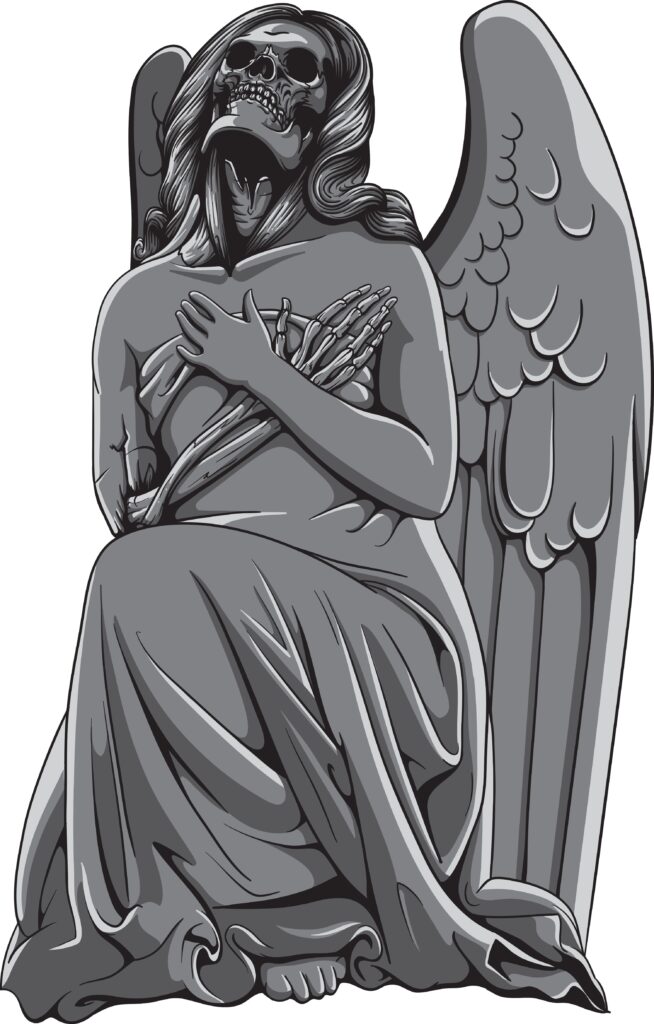
My story started the same as most other apostates — when I heard something I didn’t quite agree with.
Now, I know Old Testament God can’t be blamed for not having his coffee yet, but I found the destruction of Jericho by trumpets to be physically impossible and morally unacceptable.
Here I was in my senior year of high school, listening to my seminary teacher triumphantly announce how the Israelites — to whom I’m supposed to be spiritually bonded — carry out the mass slaughter of innocents because of the city’s corruption. My first thought was, “Who’s to justify the children in the genocide, who I’m supposed to believe aren’t responsible for their decisions until baptism?”
I’ve noticed a general trend with conflicted people of faith since the 2014 Church of Jesus Christ of Latter-day Saint policy made waves — the policy barring children of LGBT families from claiming membership. Everyone took to Facebook, my missionary-bound friends posting, “God will make everything clear in the end” and the other not-so-fervent people sharing the fury of hell which burned in their souls.
Throughout all the of banter of personal and collective beliefs, I remember sitting at my computer screen with the conflict of defending my religion or professing my internal values. It was then that I recognized the divide between strength in blind faith or weakness in personal conscience.
It was here that I leaned toward weakness. I didn’t know it at the time, but I was beginning to discover my own complicated truth — something most apostates, I assume, go through as well.
My testimony, or “personal witness,” began to take on a new form. I shared my belief to my seminary class on how we need to show more love and compassion to those who don’t align with church customs. I felt my message resonate with the one person in there who identified as gay, but that was it. From there, I really didn’t care about graduating from seminary and felt like sleeping was more worth my time.
There is a wealth of resources to be found once you leave your faith. For me, the “Letter to a CES Director” by Jeremy Runnells was one of them. In it, I learned the true nature of Joseph Smith, the hidden practices of the church throughout the decades and what really constitutes as “feeling the Spirit” of God. I felt betrayed — not by my parents, friends or well-to-do church leaders but by a historical series of men I had revered as true prophets of God.
Maybe I reached what comedian George Carlin, a former Catholic, calls the “age of reason,” but I quickly began to see what a real “bulls*** story” my religion was made to be. At any rate, I was finished defending something I didn’t believe in anymore and tired at the cognitive dissonance it pushed me into.
I admit, in times of tragedy I still feel the urge to pray, conditioned from my childhood to go back to the only thing I knew. Through my experience, I’ve come to realize that good people can come from religion, even if they leave it.












